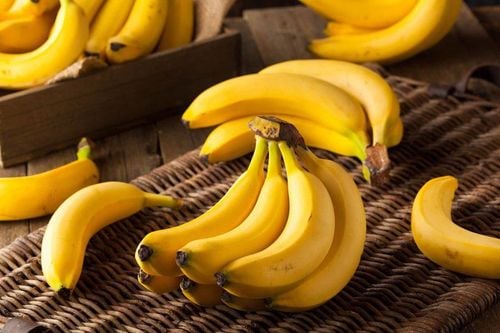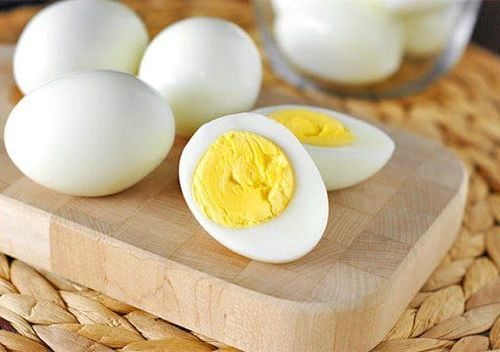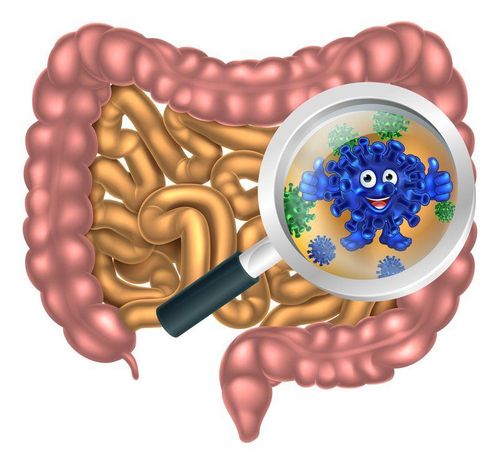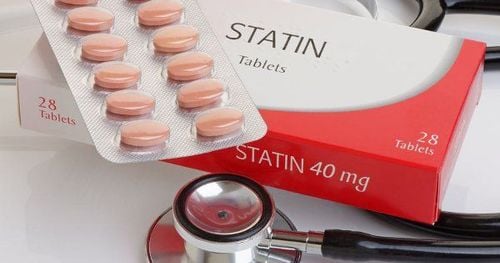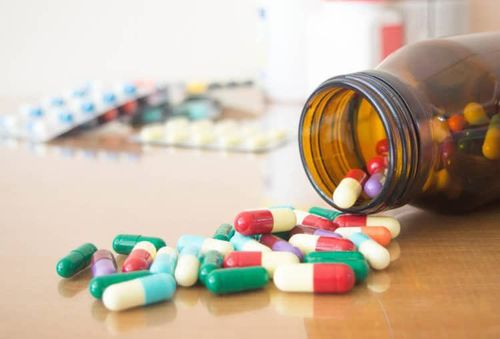This is an automatically translated article.
One medium banana contains 14 grams of sugar and 6 grams of starch. Bananas are quite high in carbs and sugar, the main nutrients that raise blood sugar.1. Bananas contain Carbs, which raise blood sugar
If you have diabetes, it is very important to be aware of the amount and type of carbs you include in your daily diet. This is because carbs raise your blood sugar more than other nutrients, which means they can have a big effect on blood sugar control.When blood sugar levels rise in people without diabetes, the body produces insulin. It helps the body transport sugar out of the blood and into the cells where it is used or stored. However, this process does not work as it should in diabetics. Instead, the body either doesn't produce enough insulin or produces cells that are resistant to insulin.
If not properly controlled, high carb foods can cause sudden spikes in blood sugar or persistently high blood sugar levels, both of which are harmful to health. 93% of the calories in bananas come from carbs. These carbs are in the form of sugars, starches, and fiber. One medium banana contains 14 grams of sugar and 6 grams of starch.
2. Bananas also contain fiber, which can lower blood sugar
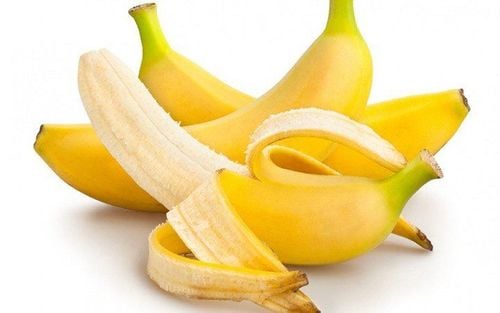
Chuối cũng chứa chất xơ, có thể làm giảm lượng đường trong máu
One of the ways to determine how a carb-containing food affects blood sugar is to look at the glycemic index (GI). The glycemic index classifies foods based on how and how quickly they raise their blood sugar.
Scores run from 0 to 100 with the following classifications:
Low GI: 55 or less. Moderate GI: 56 to 69. High GI: 70 to 100. Diets by eating low GI foods are thought to be especially good for people with type 2 diabetes. Low GI foods are absorbed more slowly into the body and only cause a gradual increase in blood sugar.
Overall, bananas score low and medium on the GI scale (42 to 62, depending on ripeness).
3. Green (unripe) bananas contain resistant starch
What type of carbs are in bananas depends on ripeness. Unripe or green bananas contain less sugar and resistant starch. Resistant starch is a long chain of glucose that is "resistant" to digestion in the upper part of the digestive system. This means they work in the same way as fiber and will not raise blood sugar levels.However, they can help feed good bacteria for the digestive system, which improves metabolism and better blood sugar control. Those who took the resistant starch supplement had better blood sugar control than those who didn't take the drug for an eight-week period.
Resistant starches also have beneficial effects in people with type 2 diabetes. These include improving insulin sensitivity and reducing inflammation. The role of resistant starch in type 1 diabetes is unclear.
Green (unripe) bananas contain resistant starch, which does not raise blood sugar and may even improve long-term blood sugar control. The effect of a banana on blood sugar depends on its ripeness. Yellow or ripe bananas contain less resistant starch than green bananas and more sugar, which is absorbed into the body faster than starch. This means that ripe bananas have a higher GI and will cause your blood sugar to rise faster than green or unripe bananas.
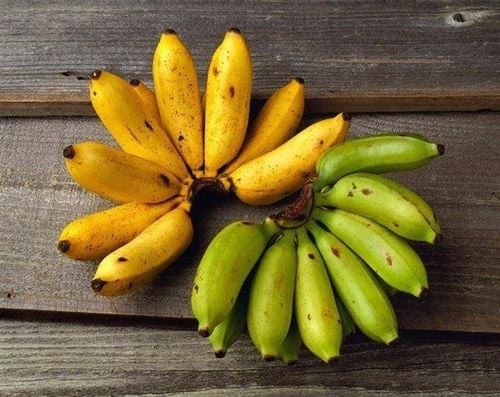
Chuối xanh (chưa chín) chứa tinh bột kháng
4. Banana's effect on blood sugar depends on its ripeness
Yellow or ripe bananas contain less resistant starch than green bananas and are high in sugar. This means that ripe bananas have a higher GI and will cause blood sugar to rise faster than green or unripe bananas.5. Ripeness isn't the only factor when it comes to sugar content in bananas
Size is also an issue that affects the sugar content of bananas. The bigger the banana, the more carbs. This means that a larger banana will have a greater effect on blood sugar levels. This size effect is known as the glycemic load.6. Are bananas safe for diabetics?
Most general dietary guidelines for diabetes recommend that patients follow a healthy, balanced diet that includes fruit. This is because eating fruits and vegetables improves health and reduces the risk of complications like heart disease and some cancers.Unlike refined sugar products like candy and cakes, the carbs found in fruits like bananas are packed with beneficial substances like fiber, antioxidants, vitamins and minerals. More specifically, bananas provide fiber, potassium, vitamin B6 and vitamin C. They also contain a number of antioxidants and beneficial plant compounds.
For most people with diabetes, fruit (including bananas) is a good choice. If you are following a diet to control diabetes. Even a small banana containing about 22 grams of carbs can be too much for a diet plan.
If bananas can be eaten, it is important to pay attention to the ripeness and size of the banana to reduce its effect on blood sugar levels.
7. How to eat bananas when you have diabetes
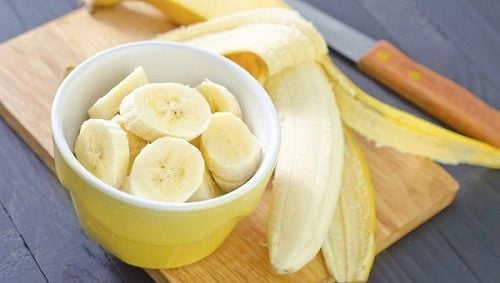
Chuối xanh (chưa chín) chứa tinh bột kháng
Consider banana size: Eat a smaller banana to lower blood sugar in one go. Choose a firm, near-ripe banana: Choose a banana that's not too ripe for a slightly lower sugar content. Eat fruit at the right time of day: Spreading your fruit intake helps lower your blood sugar load and keep your blood sugar steady. Eat bananas with other foods: Enjoy bananas with other foods, such as nuts or yogurt, to help slow the digestion and absorption of sugar.
Please dial HOTLINE for more information or register for an appointment HERE. Download MyVinmec app to make appointments faster and to manage your bookings easily.
Article referenced source: Healthline.com



